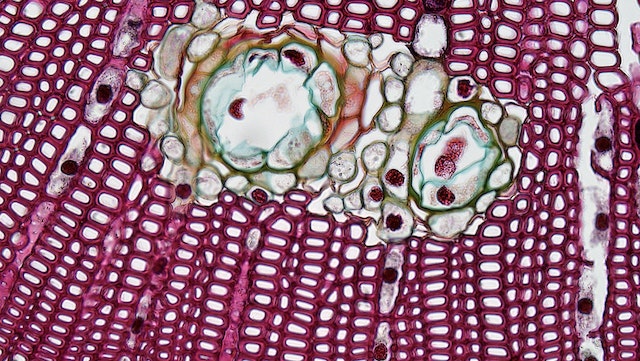
For many years, there has been heated discussion and controversy around stem cell research. It involves investigating the biology of stem cells, which can differentiate into other kinds of body cells. Although these cells show immense promise for medical improvement, moral and ethical issues have spurred contentious debates. Let’s investigate the reasons put out by supporters and opponents of stem cell research to grasp the debate completely.
The Promise of Medical Breakthroughs: Proponents of Stem Cell Research
Stem cell research proponents contend that it has the potential to transform medical procedures and result in ground-breaking developments in regenerative medicine, potentially addressing concerns such as how to repair white matter in the brain. Injured or diseased organs and tissues can be replaced using stem cells, providing hope for treating illnesses formerly thought to be incurable. For example, stem cell treatments hold promise for treating heart disease, diabetes, Parkinson’s disease, and even spinal cord injury.
Various medical problems can be addressed thanks to stem cells’ capacity to develop into different cell types. Personalized medicine, in which therapies are tailored to specific individuals based on their genetic makeup, may be made possible by advances in stem cell research. This could result in more efficient and focused treatments, reducing side effects and enhancing general patient outcomes.
Ethical and Moral Concerns: Opponents of Stem Cell Research
The ethical and moral issues surrounding stem cell sources are one of the most important topics of dispute in the stem cell study debate. Early-stage embryonic stem cells can differentiate into any kind of cell in the body. For people who believe that life starts at conception, extracting these cells often necessitates the death of embryos, which raises ethical concerns.
Many critics support the protection of embryonic humans, claiming that utilizing stem cells from embryos for research is the same as killing a human life. These worries have their roots in cultural and religious ideals that emphasize the sacredness of life from the very beginning.
Alternatives and Adult Stem Cells: Proponents of Stem Cell Research
The availability of alternatives to fetal stem cells that do not raise ethical questions is emphasized by stem cell research proponents. Adult stem cells, which are present in many bodily tissues, can develop into specific cell types. Unlike the extraction of embryonic stem cells, adult stem cell extraction does not need the killing of embryos.
Adult stem cell research has shown promise in several medical fields, including treating autoimmune illnesses, cancer, and blood problems. In addition, induced pluripotent stem cells (iPSCs) are adult cells that have undergone genetic reprogramming to display traits resembling those of embryonic stem cells, providing an additional research route free of ethical concerns.
Balancing Progress and Ethics: Opponents of Stem Cell Research
While acknowledging the potential medical advantages of stem cell research, opponents emphasize the necessity of upholding ethical standards. They contend that although improvements in regenerative healthcare are beneficial, they shouldn’t be made at the expense of undervaluing human life in its infancy. Critics frequently point out that the ethical ramifications of technological advancement should always be carefully considered.
Some opponents support shifting research focus to substitute strategies that do not include the eradication of embryos. They contend that ethical research practices are crucial to uphold the moral integrity of scientific undertakings and safeguard the dignity of human life.
Regulatory Policies and Public Perception: Proponents and Opponents
The stem cell research debate encompasses more than scientific and ethical issues; it also involves governmental regulations and public opinion. Different nations have different laws governing stem cell research, with some permitting it under specified conditions in some places and forbidding it in others.
The direction of stem cell research is also significantly influenced by public opinion. The continuous discussion is influenced by advocacy groups, religious institutions, and scientific communities, which impacts funding allocations and policy choices. The topic has sparked debates in the public about how to reconcile medical advancement with moral ideals, enticing society to critically assess the possible advantages and disadvantages of stem cell research.
Conclusion
The stem cell research debate is a complicated and diverse topic with implications for science, ethics, and society. Opponents underline the ethical issues surrounding the sources for stem cells, particularly embryonic stem cells, while supporters highlight the potential for revolutionary medical improvements and better patient outcomes. The conversation around stem cell research illustrates the precarious balance between scientific advancement and ethical issues, reminding us of the value of promoting courteous, educated debate that considers all relevant factors.


